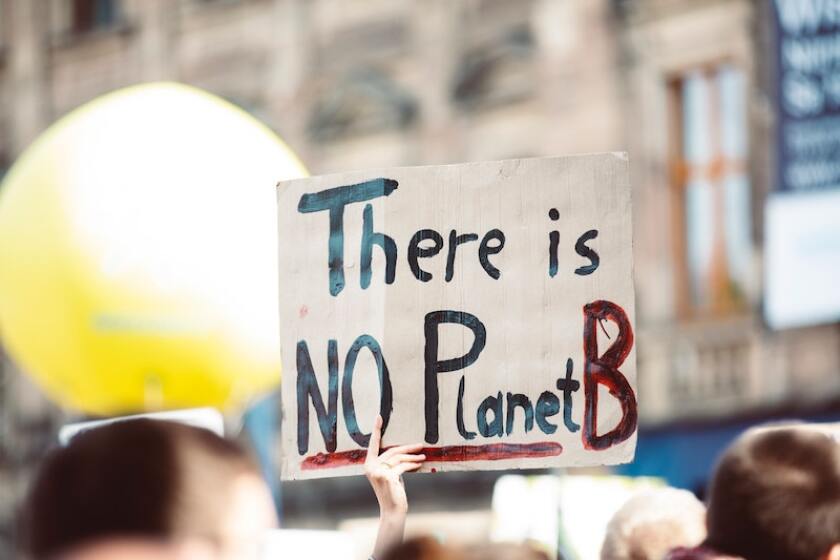The Chancery Lane Project has released its latest round of environmentally friendly model laws, precedents and definitions for lawyers.
Over 400 solicitors, barristers and academics from 115 organisations have donated more than 5,000 hours of pro bono work to the project, which was established in July 2019 with the release of the first Climate Contract Playbook. The playbooks have now been downloaded more than 15,000 times from 76 countries.
Steering committee chair and general counsel at Oxygen House Group Matthew Gingell told IFLR that the idea for the project came after London Climate Action Week in 2019.
"I left the event buoyed with hope that we can solve the issues of the day, but on the train home it dawned on me that we keep having the same conversations at these events, and perhaps nothing is really changing," he said. "I felt an overwhelming sense of inertia...I don't think it's a lack of willing from the legal profession, but a matter of available time, particularly for the business of law, where time is literally money."
The latest edition of the playbook includes climate purposed nondisclosure terms, a green shareholders’ agreement, climate and net zero purposed due diligence questions, and clauses covering risk-sharing, banking and finance, equity, employment, construction, land, and real estate.
Those involved with the project said that even since its inception last year, there has been a dramatic upsurge of interest in climate-conscious contracts. “The legal community is realising that the power to tackle climate change is in our hands, and lawyers across a range of sectors are taking action by using The Chancery Lane Project precedents to address climate risk in their agreements,” said steering committee member Becky Clissman.
Gingell added that while 2020 has not been the “year of clarity and action on climate change that we all hoped…history reminds us that with shared purpose and by working together, we can navigate uncertainty, whatever its nature”.
So far the project has produced seven model laws, 29 precedents, and 23 climate change definitions across a range of areas: from nondisclosure agreements to green loans; residential green leases to environmental business charters.
No previous experience in environmental law is required to use the resources: only around five percent of the project's participants are environmental lawyers.
While the model laws have been drafted directly for the government’s review, the hope of those behind the project is that the contract clauses can be implemented between businesses immediately.
The project is aligned with both the UN’s Sustainable Development Goals and the UK government’s target to reach net zero carbon emissions by 2020 – which is now enshrined in law.
To find out more and get involved, register on the Chancery Lane Project website.
